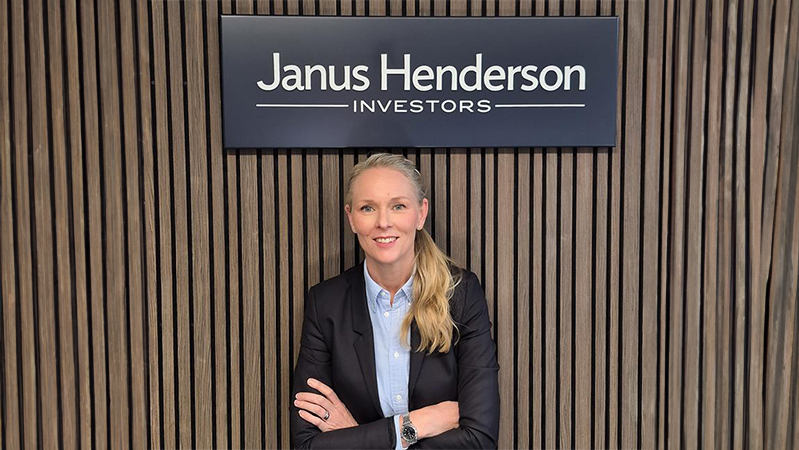The property market has been a difficult sector for investors over the past few years, so does news that secretary of state for levelling up and housing, Michael Gove (pictured), has vowed to abolish leaseholds on UK properties by the end of this year spell more bad news?
The system currently affects 4.6 million UK properties and gives the leaseholder the exclusive right to live in a property for a set number of years. They do not own the land on which the property is built and will often pay ground rent to the freeholder, who does own the land. Short leases, usually of less than 80 years, can make it difficult or prohibitive for leaseholders to renew mortgages or sell their properties. The system is also far more common in England than in other parts of the UK.
Gove stated that the ‘outdated’ system leaves leaseholders out of pocket with little to show for it.
He added: “In crude terms, if you buy a flat, that should be yours. You shouldn’t be on the hook for charges that managing agents and other people can land you with, which are gouging.”
Currently, flat owners under a leasehold agreement are unable to buy their property if a part of their building is taken over for commercial use. The move to scrap the system could potentially allow millions to own their homes outright, but the consequences for the real estate investment market are somewhat unclear.
Vote winner
Ben Yearsley, investment consultant at Fairview Investing, says investors are unlikely to notice much difference, as leaseholds mostly being restricted to residential properties. UK property investors largely buy funds investing in commercial property, where leaseholds are less common.
But there are questions still to be answered.
Oli Creasey, equity research analyst at Quilter Cheviot, says the announcement is likely to create “shockwaves” for certain types of property investors.
“We would agree with the sentiment that leasehold property is far from perfect, notably the now outdated idea that a single house could be built and sold on leasehold property – something which hasn’t happened for some time, but some legacy issues still remain. There are also real concerns over the fairness of some lease structures, where leasehold rents can start small but quickly escalate. Again, progress has been made addressing these issues, but they are far from fully resolved.
“However, while we acknowledge the limitations of the freehold/leasehold model, there are questions and doubts about its abolition. For example, in the case of a block of flats, how is the freehold of the land to be shared between the flat owners? It is easy to declare the current system not fit for purpose, but a viable alternative needs to be offered as a replacement.
“We also query how the abolition is to be handled? Existing freeholders will not be happy simply giving away their assets at the government’s request, and will be expect to be paid compensation, either from the leaseholders or the government itself, neither of whom necessarily have deep enough pockets at this stage to afford the cost of doing so. The idea of simply stripping assets from the hands of so-called “greedy” freeholders is a likely vote winner—although arguably less amongst Conservative voters, we would expect—but not an easy thing to get through the English courts.
“While much of the media response is focused on the residential market, we also wonder if these changes will be extended to commercial properties as well, where the leasehold model is not widespread, but is used in some circumstances.”
Could abolition threaten attractions of the property market?
The government will have to deal with the scrapping of leaseholds in a way that is favourable to current leaseholders or it could risk upsetting some of the key investment attractions of the UK market, according to Creasey.
He says: “The impact on UK property investors is likely to hinge on the terms of the changes (TBC). If the government can find a fair and equitable way to replace the leasehold system with something better, then the majority of people involved should be comfortable with the change.
“That ought to help remove some friction from the market and make it more investable – though obviously not the relatively small ground rent sub-sector. However, if the proposal proves punitive on existing freeholders it could set a dangerous precedent that the government can overrule the deeds held by the Land Registry, which might upend one of the core attractions of the UK property market to investors.”















